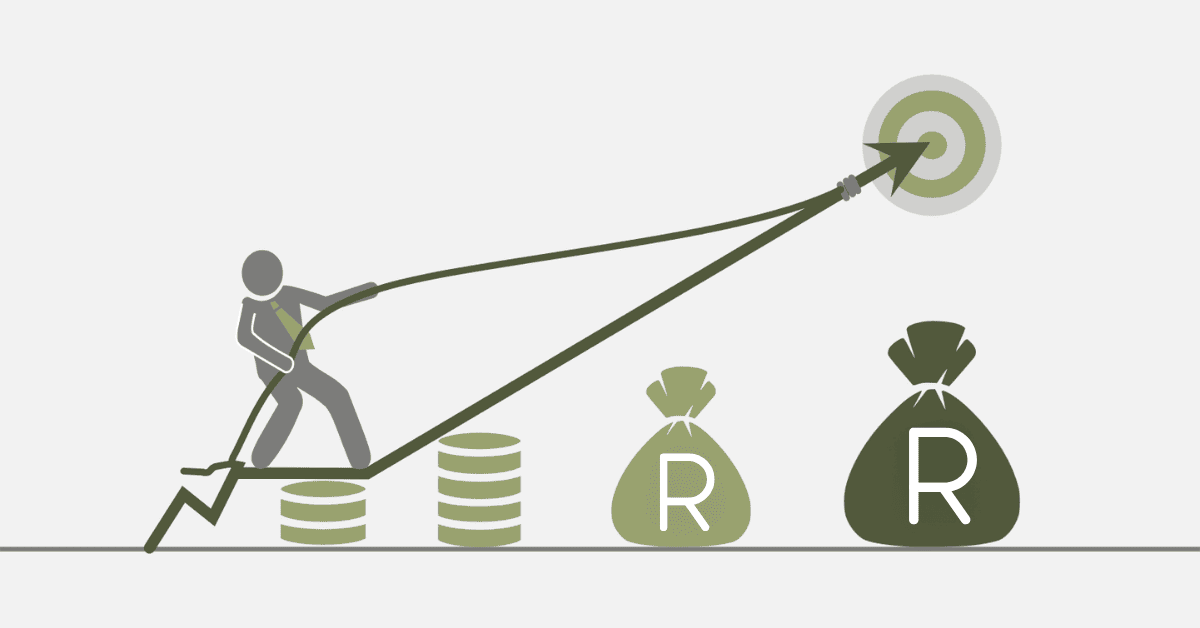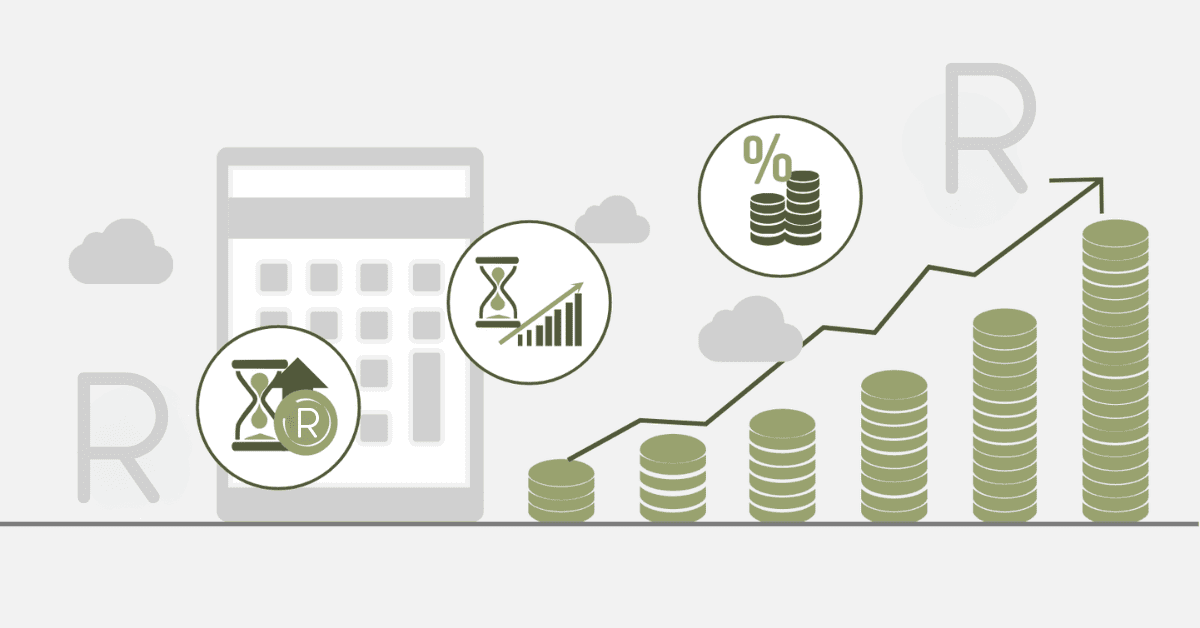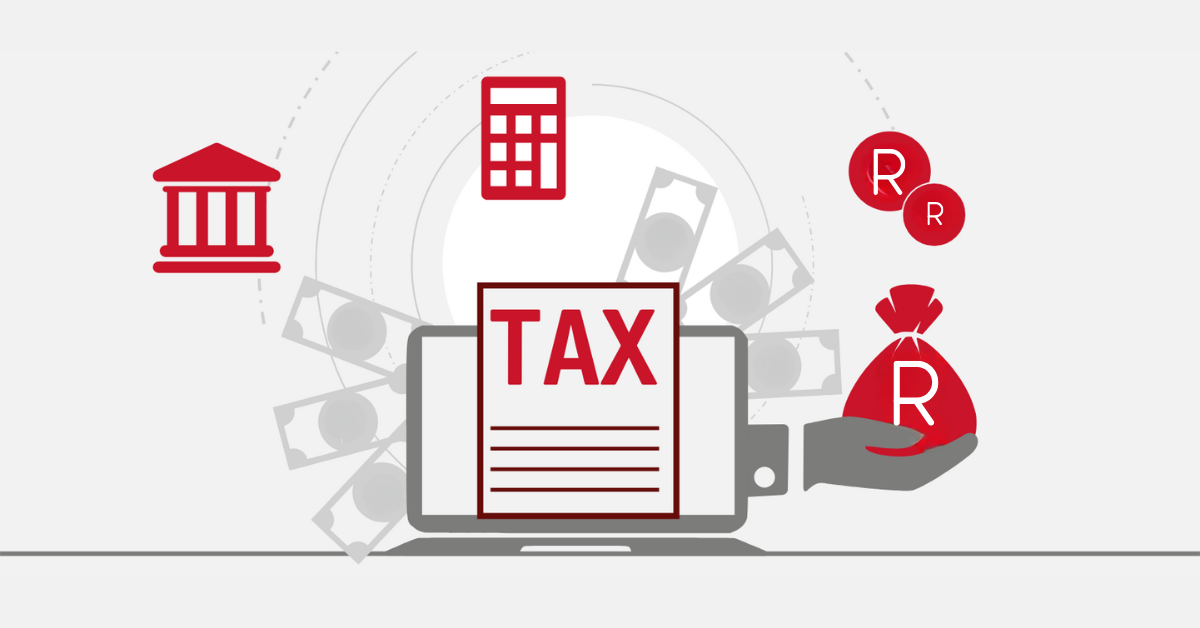These funds are a favorite among investments in SA, providing investors with a predictable source of return at less risk than equity investments. They typically hold bonds, treasury bills, and other fixed-income investments, yielding regular interest. Fixed-income funds are created to offer capital protection and regular income and are, therefore, a favorite among conservative buyers, retirees, and diversifying buyers. Besides, fixed-income funds
Is a Fixed Income Fund a Good Investment?
It depends. Fixed-income funds are regarded as a favorable investment among people who desire security, regular income, and less risk exposure than equities. Fixed-income funds are a significant source of income in South Africa for returning reliable income, especially during an economic downturn. They are the most appropriate ventures for people who wish to maintain capital and gain regular income through interest from bonds and other income-bearing securities.
One of the most significant benefits of venturing into these funds is diminishing portfolio volatility. In contrast to the typically volatile nature of equities, fixed-income investments offer consistent returns. This consistent nature makes them fit the bills of conservative investors, retirees, and near-retirement people keen to earn income at the sacrifice of dramatic wealth appreciation.
Additionally, fixed-income funds offer protection during market declines. During an economic downturn and in the case of a financial crisis, bond prices are less likely to fall and, in some situations, rise because investors seek to hold less risky investments. This quality makes fixed-income funds a good addition to a diversified portfolio.
Which Is the Ideal Income Fund in South Africa
South Africa also offers some good-quality fixed-income funds from highly regarded asset houses. The income fund to select depends on the investor’s risk appetite, the horizon, and the goals. Some leading asset houses, such as Allan Gray, Coronation, Ninety One, and Old Mutual, offer good-quality fixed-income funds and have delivered consistently good returns.
The Allan Gray Bond Fund ranks highly, diversifying a portfolio of corporate and government bonds. It targets preserving the investor’s money and yielding consistent income. The Coronation Strategic Income Fund also ranks highly and has a good standing, thanks to the adaptability of the strategy in dealing with different regimes in interest. It holds investments in a mixture of money market, corporate and government bonds, and other income-bearing investments in anticipation of providing a better return than money market funds.
The Ninety-One Diversified Income Fund is among the top funds, and the income-seeking investor is ready to take on some risk. It invests in different fixed-income securities to offer diversification and additional security.
How Risky Is a Fixed Income Fund?
It depends. They are typically considered to be less risky than equity investments. However, they are by no means risk-free. The risks depend on the type of bond in the fund, the fluctuations in the interest percentage, and the general economic condition. The funds are ventured into corporate and government bonds, each carrying different risks. Interest rate risk is one of the most significant risks associated with these funds. The bond’s value declines when interest rates rise, and the fund’s worth could be less. Yet, if interest rates are falling, the bond’s value appreciates, and the fund’s worth could increase. This sensitivity to interest rates means the fund’s worth could vary in the short term.
Another associated risk is credit risk, most significantly in corporate bond funds. If the company whose bond you are holding gets into trouble and defaults on the bond, the value of the bond declines. Government issues are less so, but they also carry inflation risk, the impact of which diminishes the actual return.
What Are the Drawbacks to Fixed Income?
Despite their security and steady income, fixed-income investments also carry some constraints. The most major among them is the constrained return potential compared to equities. Stocks, in the past, have yielded higher long-term profits, and the return from the funds from fixed income, steady though it may be, could be less than the inflation rate calls for.
Another limitation lies in interest rate sensitivity. Fixed-income funds are exposed to the upward trend in interest rates, and bond prices are affected. Therefore, the fund holders will likely suffer short-term losses if the interest rate hikes and the overall portfolio performance is affected.
Additionally, some fixed-income investments are also limited by liquidity. Long-term corporate and government bonds, mainly, are less marketable than equities. This implies the investor may be unable to quickly sell the investments if he/she needs to use the funds immediately.
What Is the Highest and the Safest Investment to Make?
The safest and most rewarding investments in South Africa are typically money market funds, government bonds, and high-quality fixed-income funds. Among them, the most balanced between security and reasonable return is the short-term maturing South African government bonds, and the government issues are considered relatively safe and secured by the public treasury.
Money market funds also provide a low-risk product to invest in, earning competitive income. The money market funds are invested in commercial paper and bills, which are high-quality, short-term, liquid, and stable. The money market fund return, while less than the long-term bond, is less prone to fluctuations and provides ready use of funds if necessary.
For investors who wish to gain higher returns while at the same time evading the risks, high-quality corporate bond funds by well-known asset managers are a good option. The funds are invested in corporate bonds by financially stable businesses, returning more than government bonds and having a relatively low-risk profile.
Final Thoughts
Fixed-income funds are a significant investment instrument among South Africans who seek security, regular income, and diversifying their portfolio. The funds are less exposed to risks than equities and offer predictable income in interest from bonds and other fixed-income securities. Even if they don’t provide the same high rate of increase in value, the security in preserving the invested money makes them a necessary component in a diversified investment strategy.














